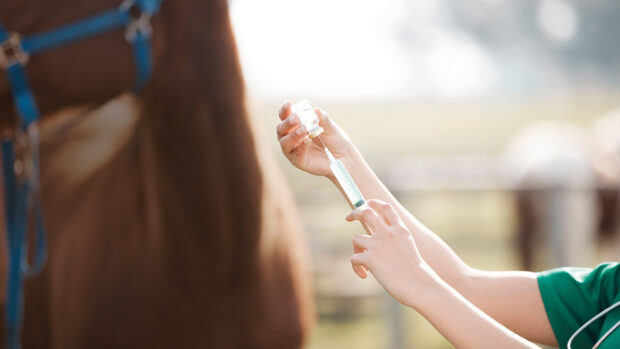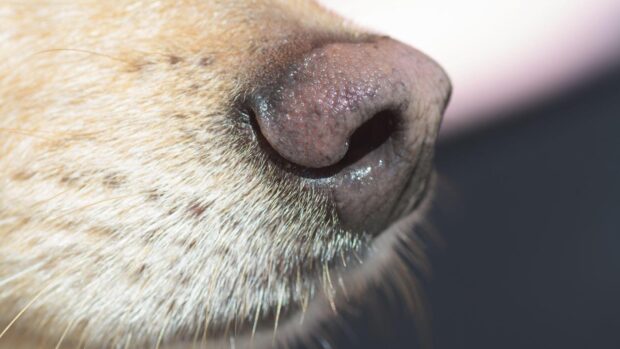The British Horseracing Authority (BHA) has joined up with the British Racing School (BRS) to help prevent racehorses inadvertently testing positive for prohibited substances at the racecourse.
The BHA has released figures stating that 10,000 samples a year are taken a year at the racecourse. And of that, the fraction that are positive mostly result from inadvertent “carry over” from legitimate veterinary treatment.
During the scheme, which will continue and develop research and education in horse medication control, the partnership will conduct studies using former racehorses.
The BRS will host the BHA’s new Centre for Racehorse Studies and will ensure the horses are kept at a level of training that makes them as representative as possible of horses currently racing.
The horses will be given the same veterinary treatments that those in training are given and blood and urine samples will be taken as they are on a raceday.
This will determine residual drug levels over time and enable them to advise vets on the appropriate use of drugs in horses in training.
Tim Morris, director of equine science and welfare at the BHA said: “British Horseracing is rightly proud of its high standards of integrity. The Rules of Racing state that horses must race free of any medication and we conduct extensive surveillance for evidence of misuse of drugs in horses, or inadvertent presence of veterinary medications.
“Our figures show that inadvertent carry-over of such veterinary medication is the most common reason for a positive drug test in a horse on racedays.”
The reseach and education in horse medication control will offer information and advice to trainers and their vets and will provide data for medicines withdrawal times.
Until recently the data has come from research conducted by the Horseracing Forensic Laboratory but after the sale of the laboratory the research has been taken on by the BHA.
This will allow them to treat racehorses but keep the integrity of the sport.
It will be overseen by Government inspection, vets and will share results with other racing authorities via the European Horseracing Scientific Liason Committee.




